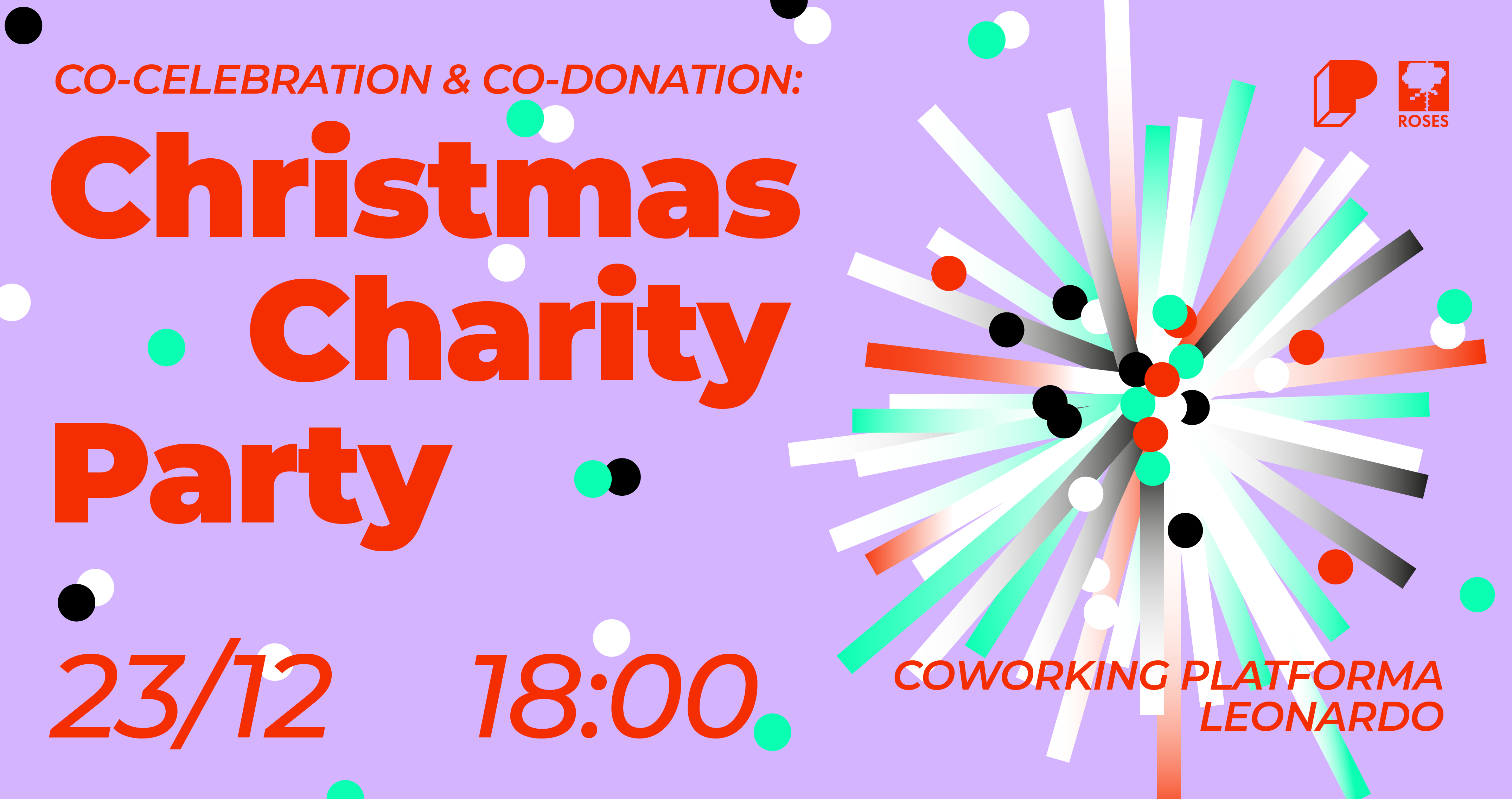to the list of articles
to the list of articles
back
back
November 25, 2024
Event
Vacancy
Article
"The Bias Machine": How Google Tells You What You Want to Hear

Why Is Google Trying to Please Us?
According to Sara Presch, Director of Digital Marketing at Dragon Metrics, Google’s primary goal is to deliver the information users are searching for. However, the challenge lies in the fact that this information isn’t always accurate or unbiased.
“I’ve researched how Google handles controversial topics, and in many cases, the results were strikingly polarized,” says Presch.
For instance, when she searched for “the link between coffee and hypertension,” Google displayed a snippet from the Mayo Clinic website: “Caffeine may cause a short-term increase in blood pressure.” However, when she searched for “no link between coffee and hypertension,” the same source stated: “Caffeine has no long-term effects on blood pressure.”
Similar patterns emerge with political queries. For example, when asked, “Is the UK tax system fair?” Google highlighted arguments supporting its fairness. Conversely, when queried, “Is the UK tax system unfair?” the results focused on its inequities.
“Google pulls snippets that match the keywords in the query, offering people what they want to see,” explains Presch.
Can Google Stay Neutral?
Google maintains that its algorithms aim to provide access to a variety of perspectives. Company representatives state: “We strive to deliver high-quality results relevant to users’ queries.”
However, studies reveal that most users rarely venture beyond the top five search results, giving these rankings disproportionate influence.
“We’re influenced by algorithms, even when we’re unaware of it.”
Some experts, like Mark Williams-Cook, founder of the SEO platform AlsoAsked, argue that the issue stems from the technical limitations of search engines.
“Google doesn’t truly understand documents—it merely simulates comprehension,” Williams-Cook asserts, referencing internal company documents.
Google’s algorithms analyze user behavior: if people frequently click on a particular type of information, it’s deemed more relevant and rises in search rankings. This creates a feedback loop—reinforcing biases as Google prioritizes content that confirms them.
Should Google Decide What’s True?
Featured Snippets—the “quick answers” displayed at the top of search results—can sometimes present contradictory statements from the same source. This creates the impression of confusion, even in authoritative fields like medicine or science.
Another layer of complexity is the commercial influence. SEO specialists understand how to manipulate Google’s algorithms to promote their websites. As a result, the search engine often prioritizes sites that have invested in visibility rather than those that are necessarily objective or reliable.
This contributes to the growing phenomenon of “information bubbles,” where people’s biases are reinforced. Such bubbles isolate social groups and hinder collective problem-solving on global issues.
While Google is working to enhance transparency—introducing features like “About this result” and warnings for rapidly changing information—fully avoiding algorithmic influence remains a challenge, especially when users seek confirmation of their pre-existing beliefs.
Source: BBC Future
No items found.
We are waiting for you at the event!
We are waiting for you
Oops! Something went wrong while submitting the form.




